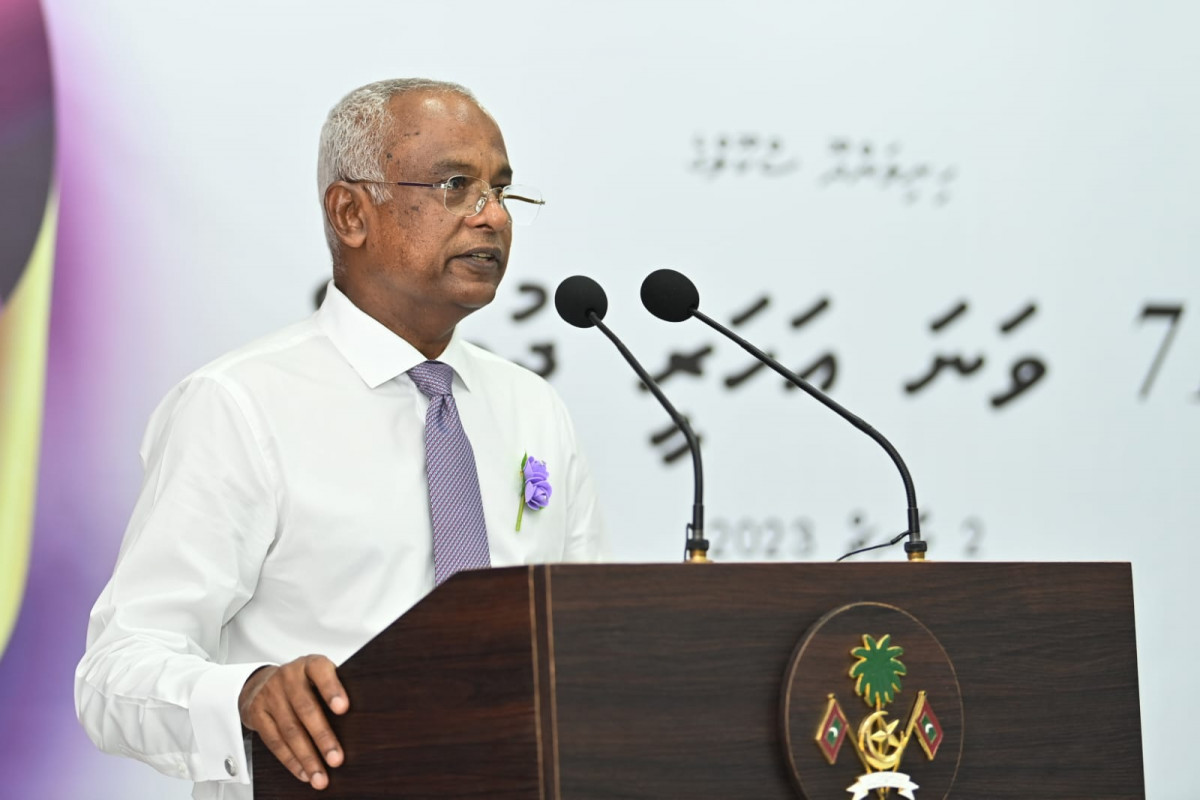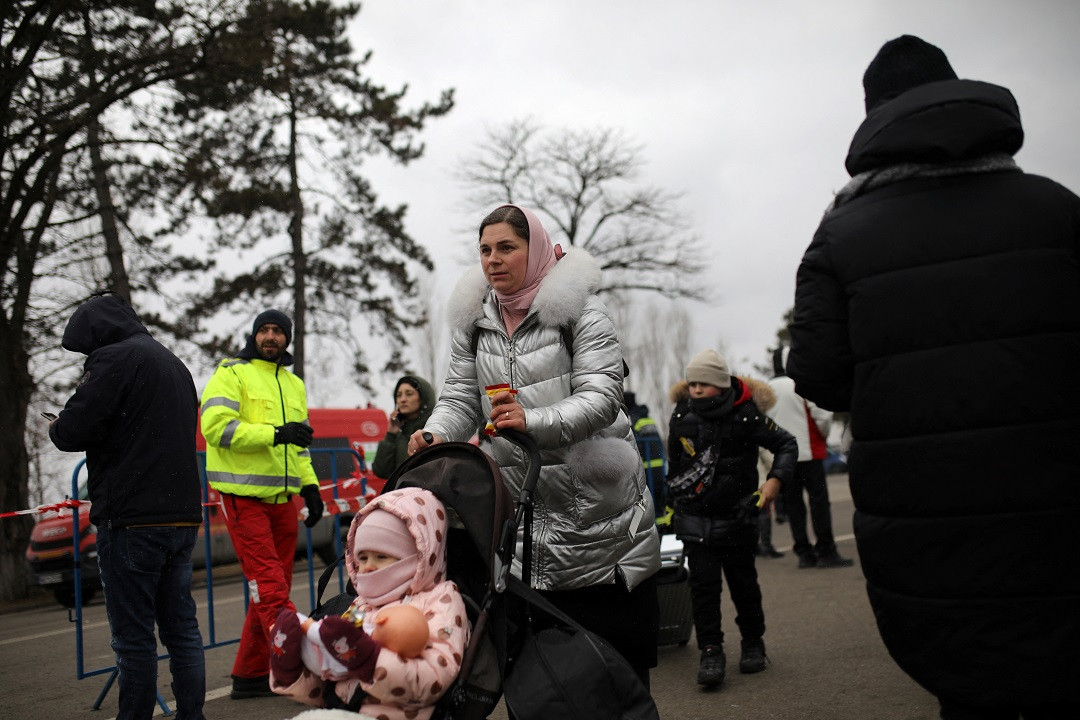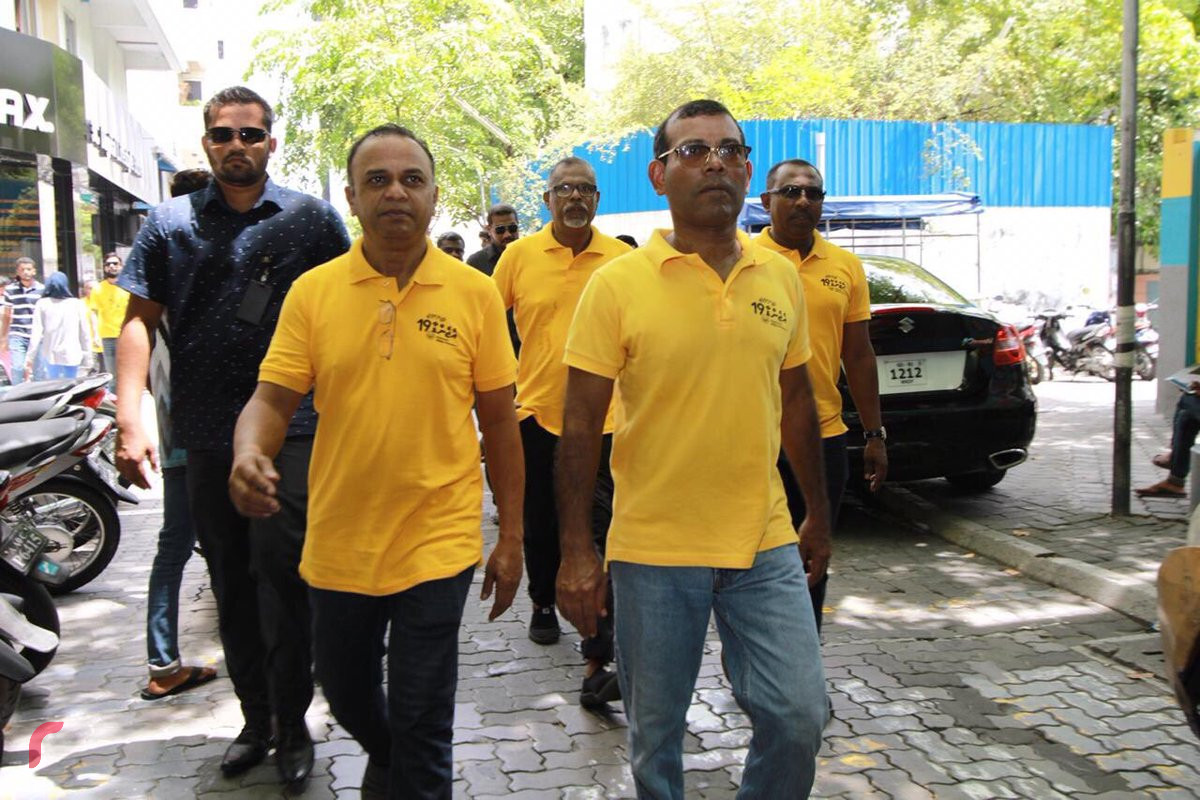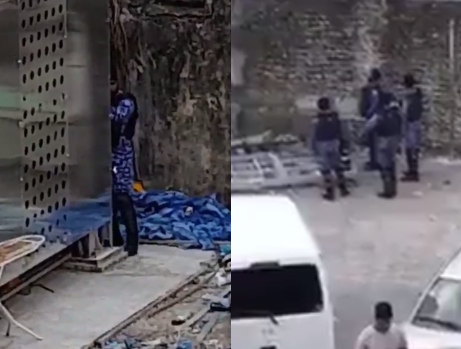Police label workers' march as a protest
However, this year's march was the first time in 14 years that the police interfered

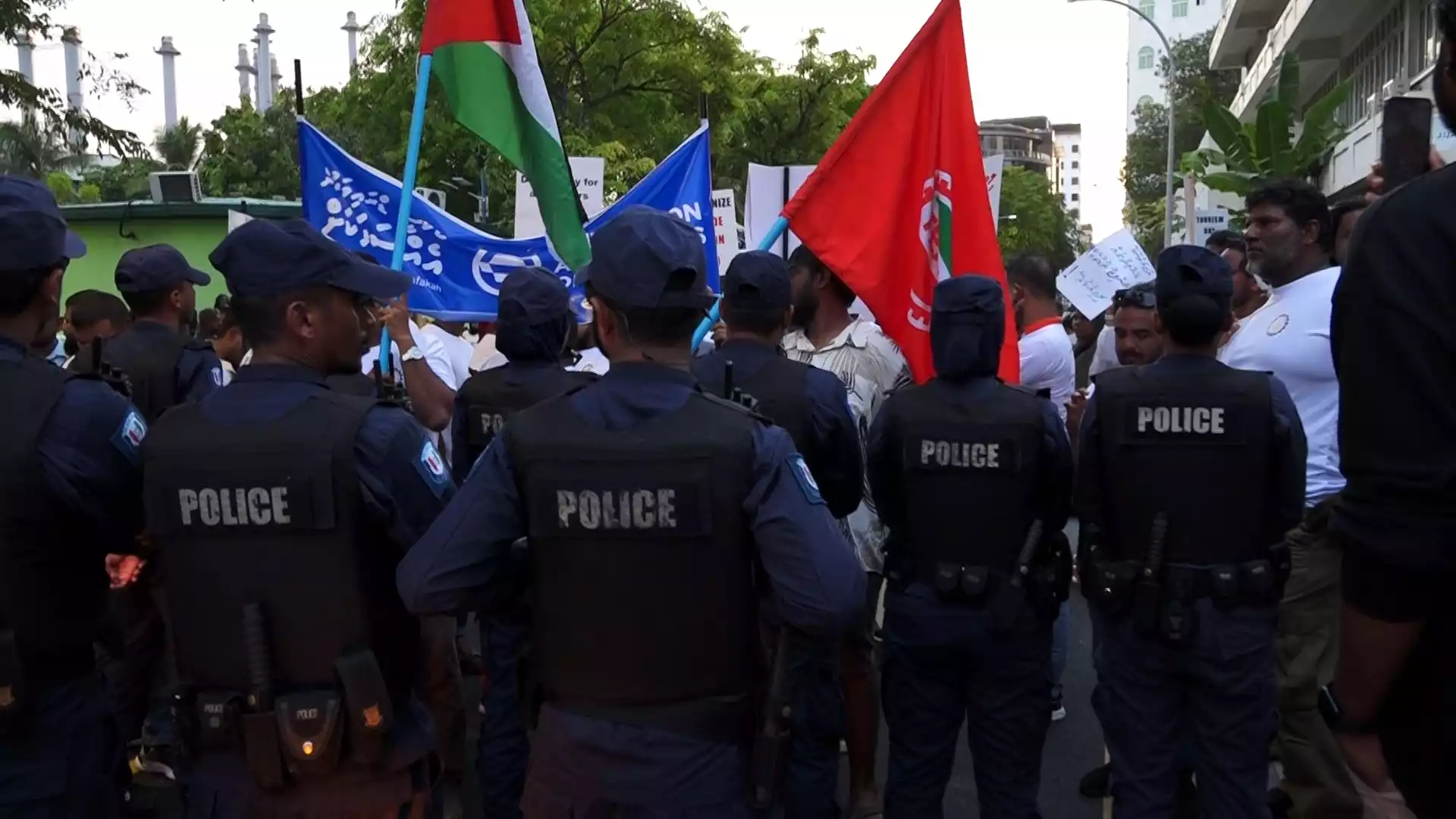
Police interfere with workers' march near Dharubaaruge, Ameenee Magu
The Maldives Police Service (MPS) has characterized the march held by workers on Labor Day as a protest.
On May 1, celebrated as Labor Day, a march calling for the protection of workers' rights is held annually in the Maldives. The march has been held for the past 14 years. Employees from various sectors participate in the march carrying banners and boards with their sentiments written on them.
However, this year's march was the first time in 14 years that the police interfered.
In a letter sent after a meeting between the police institution and the Maldives Trade Union Congress, the police stated that following the discussions held on April 30 about proceeding with the march, they had no objections to expressing sentiments in the streets of the capital Malé City in a way that does not hinder public transportation or inconveniences the general public, as long as it is done peacefully and in accordance with the Freedom of Assembly Act, general social norms, laws, and regulations.
They also requested that the march proceed without stopping at any location and that it be conducted in compliance with the Tobacco Control Act. The police also stated that they would provide security as requested during the march.
Permission was granted for the march to begin from Rasfannu area and proceed along Majeedhee Magu, ending at the Artificial Beach.
However, shortly before the scheduled start time of the march, at 4:05pm, the police changed the route and instructed the march to proceed along Ameenee Magu.
In the letter sent by the police announcing the changes, they stated that the route map for the permitted march had been altered in relation to the letter submitted by the Maldives Trade Union Congress on April 30.
The police barricaded and closed off Majeedhee Magu, informing marchers that they could not proceed along that road. Additional police officers were brought in to prevent the march participants from moving forward. The police warning vehicle repeatedly announced that the protest could not proceed along Majeedhee Magu due to disruptions to public transportation and instructed them to use Ameenee Magu instead.
As the police continued to issue warnings, they repeatedly referred to the march as a protest. When the march participants proceeded along Ameenee Magu and reached near STELCO, the police stopped them again, declaring it a protest and instructing them to move to the outlying road. When the marchers continued forward, the police blocked Ameenee Magu near the road west of Dharubaaruge for the third time, stating that the "protesters" could not proceed further.
In a letter sent later, the police also changed the ending point of the march that had been agreed upon during the April 30 consultation between the union and the police. The police kept issuing warnings for the march to end at Usfasgandu. They repeatedly declared it a protest through loudspeakers.


